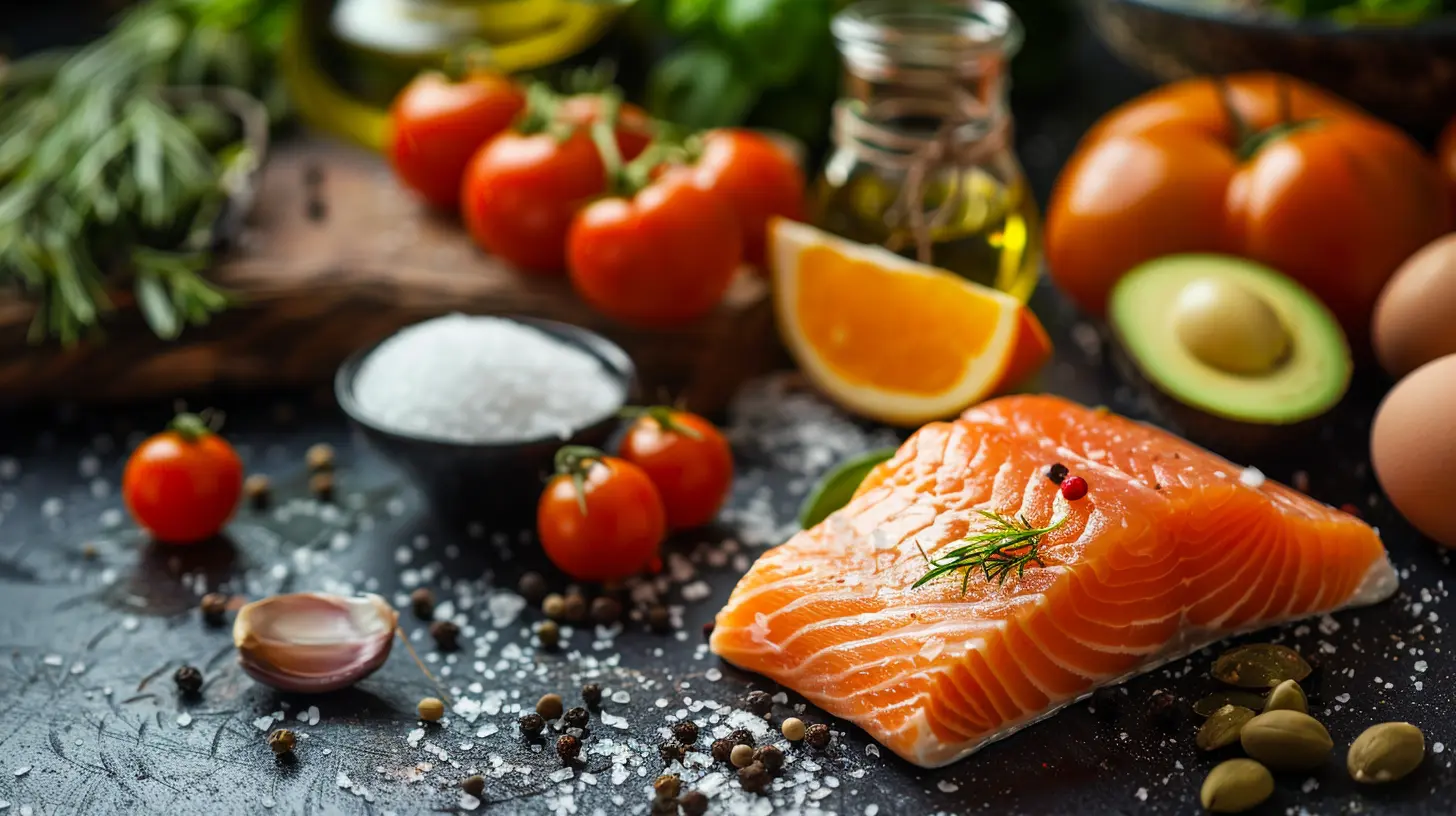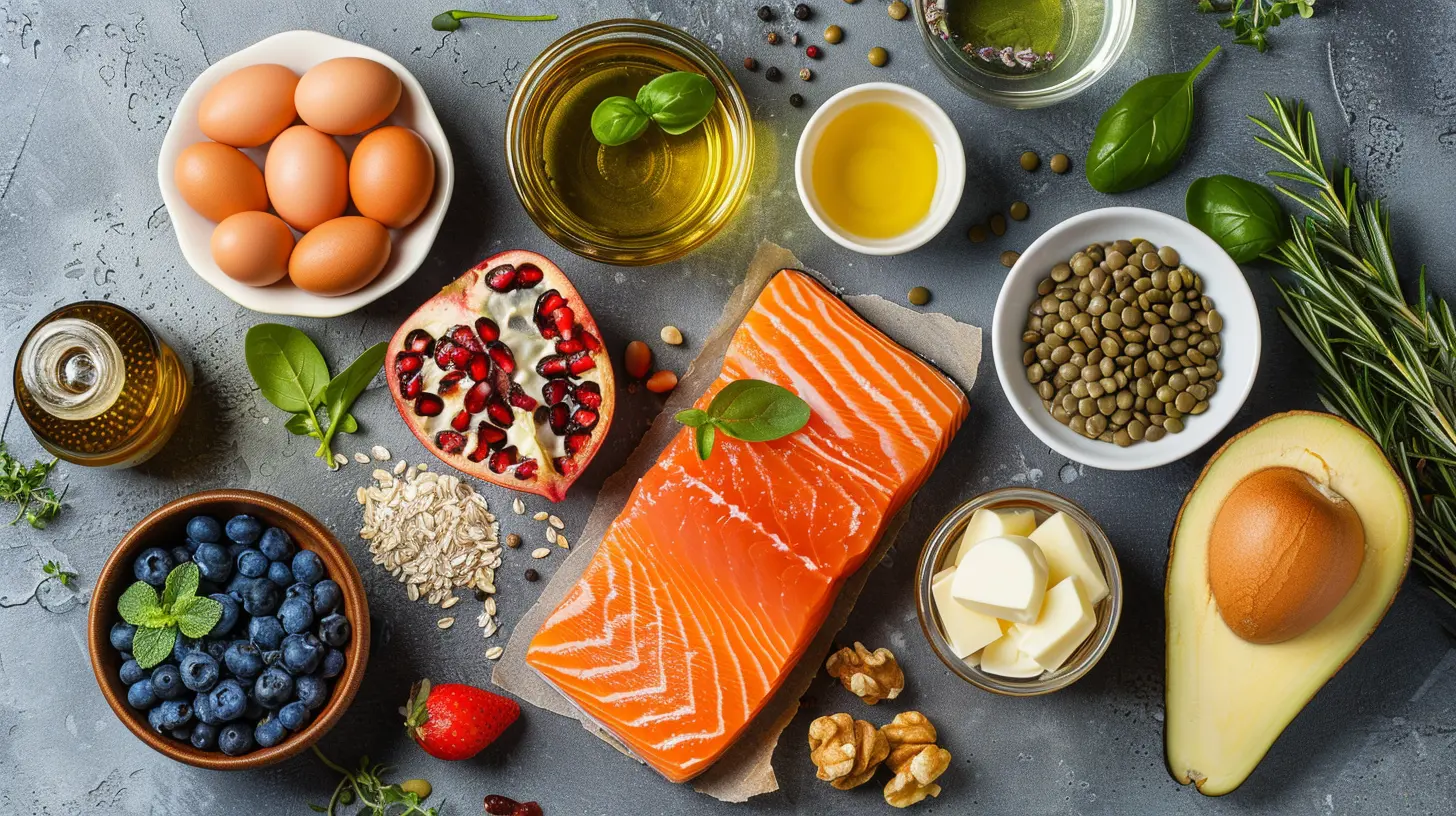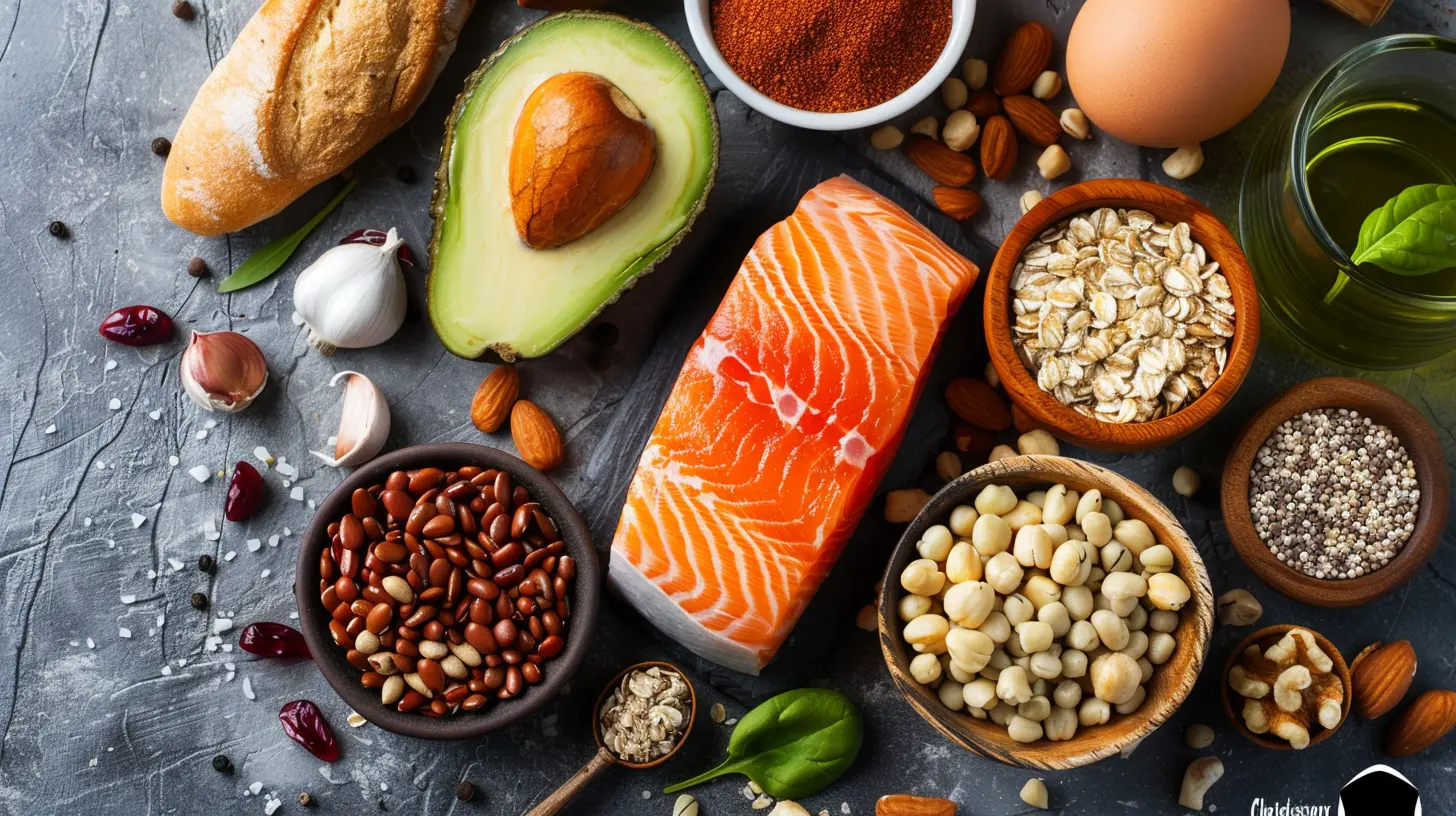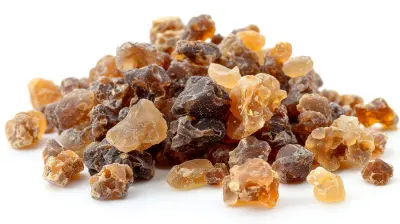Can the Keto Diet Raise Your Cholesterol?
28 July 2025
Let’s talk keto. You’ve probably heard all the hype—weight loss, mental clarity, boundless energy. People all over the world have fallen head over heels for the ketogenic diet. But hold up—something’s been nagging at the back of your mind…
👉 “Can the keto diet raise your cholesterol?”
It’s a solid question—and you’re not the only one asking it. With a plate full of bacon, butter, and avocados, it makes sense to wonder what all that fat is doing to your heart.
So, let’s dive deep into this hot-button topic in a way that actually makes sense. No medical mumbo-jumbo. Just clear, straight talk.
What Exactly Is the Keto Diet?
Before we start throwing cholesterol around, let’s do a quick refresher.The ketogenic diet (or keto) is a high-fat, low-carb, moderate-protein eating plan. The idea is simple: by drastically cutting carbs and eating more fat, you train your body to enter a metabolic state called ketosis. In ketosis, your body burns fat for fuel instead of sugar (glucose).
Sounds pretty cool, right?
But here’s the thing. For your body to stay in ketosis, you need to eat a LOT of fat—around 70–75% of your daily calories. That’s where the concern kicks in. Because the usual suspects on a keto plate—bacon, cheese, butter, eggs—sound like a fast pass to a cholesterol spike.
But is that really the case?
Understanding Cholesterol—Friend or Foe?
Let’s clear the air on cholesterol. It's not the villain you might think.Cholesterol is a waxy substance found in every cell of your body. It helps build hormones, vitamin D, and even aids digestion. Your body actually needs cholesterol to function properly.
Now, here’s where it gets tricky: there are two main types of cholesterol.
- LDL (Low-Density Lipoprotein): Often called "bad" cholesterol because high levels may increase your risk of heart disease.
- HDL (High-Density Lipoprotein): Known as "good" cholesterol. It helps remove excess LDL from the bloodstream.
Let’s not forget triglycerides, another type of fat in your blood. High triglyceride levels combined with low HDL and high LDL? That’s a recipe for heart trouble.
So, what happens when you go keto?
Keto and Cholesterol—The Good, the Bad, and the Confusing
Here’s the kicker: the keto diet doesn’t affect everyone’s cholesterol the same way.Some people see a positive change—like lower triglycerides and a boost in HDL. Others, though, experience an increase in LDL, and that can raise eyebrows.
So, what gives?
1. The Good News First 🍳
Let’s start with the positives. Many studies—yes, actual science-backed ones—show that going keto often results in:- Increased HDL (“good”) cholesterol
- Decreased triglycerides
- Improved blood sugar and insulin sensitivity
- Weight loss (which can also improve heart health)
Why does this happen? Well, by reducing carbs, you reduce sugar and insulin spikes. Less insulin means less fat storage. Plus, when you lose weight, your heart health usually improves.
So far, so good.
2. The Not-So-Good Part 🍔
Now for the tough love.Some people experience an increase in LDL (“bad”) cholesterol on keto. That’s where the concern lies. LDL is associated with plaque buildup in arteries, which can invite heart attacks to the table.
But hold up—it’s not just about the amount of LDL; it’s also about the type.
LDL comes in small, dense particles (more dangerous) and large, fluffy particles (less harmful). Keto tends to raise the fluffy kind, which may not be as risky. Still, elevated LDL across the board isn’t something to ignore.
Why Does Keto Raise Cholesterol in Some People?
This is where things get real interesting.Turns out, there’s no one-size-fits-all answer. Keto affects people differently based on a bunch of stuff:
1. Genetics Matter
Yep, blame your parents. Some folks have a genetic predisposition to cholesterol increases with high-fat diets. Conditions like Familial Hypercholesterolemia make them more sensitive to dietary fat.2. How “Clean” Is Your Keto?
Let’s face it. There’s a big difference between eating grass-fed steak and drowning in processed meats and butter all day. A junk-food version of keto (aka "dirty keto") can absolutely mess with your cholesterol.3. Weight Loss and Cholesterol Shifts
Here’s a fun fact: when you lose weight quickly—like many do on keto—your cholesterol can temporarily go up. Why? Because fat is being burned and cholesterol stored in fat tissue gets released into the bloodstream.So don’t panic right away. Sometimes, cholesterol levels balance out after a few months.
Can You Do Keto Without Hurting Your Heart?
Absolutely. But it takes a little intention and a lot of avocado. 😉 Here are some strategies to keto your way to better health without wrecking your cholesterol:1. Choose Heart-Healthy Fats
Not all fats are created equal.- Load up on: avocados, extra virgin olive oil, nuts, seeds, fatty fish like salmon.
- Go easy on: processed meats, butter overload, too much cheese.
Rule of thumb? If it sounds like it belongs on a fast-food menu, maybe cut back.
2. Add More Fiber
Keto tends to be low on fiber if you’re not careful. Leafy greens, chia seeds, flaxseeds, and low-carb veggies help support good cholesterol and digestion. Fiber is like your digestive system's broom—it sweeps out the gunk.3. Track Your Lab Work
Don’t guess—test! If you’re doing keto, it’s smart to check your numbers.- LDL
- HDL
- Triglycerides
- Total cholesterol
- ApoB and LDL particle size (if available)
That way, you’re not flying blind. Work with a healthcare provider to interpret your results.
4. Consider a Mediterranean-Keto Hybrid
Think of this as the lovechild of two great diets. You still stay low-carb, but focus on fish, greens, olive oil, nuts, and lean proteins. Less bacon, more salmon.It’s like keto with a heart-friendly twist.
Real Talk: Should You Be Worried?
So, circling back to the big question:👉 Can the keto diet raise your cholesterol?
Yes, it can. But that’s not the whole story.
While some people see a bump in LDL, they also experience better HDL and lower triglycerides—both of which are good signs. The key is to monitor your health, eat clean fats, and don’t just wing it.
If your cholesterol skyrockets or you have a family history of heart disease? Talk to your doctor. There are ways to tweak keto or consider other low-carb lifestyles that are gentler on your heart.
Final Thoughts: Don’t Fear the Fat—Respect It
Let’s not slam the brakes on keto just yet. Fat isn’t evil. In fact, healthy fats are essential to feeling full, fueling your body, and getting things done.But—here’s the deal—quality matters. You can totally do keto the right way and still look out for your heart.
If your cholesterol goes up, figure out why. It might be the type of fat you’re eating, your unique genetics, or just your body adjusting.
Bottom line? Stay curious. Stay informed. And always listen to your body (and your lab results). Keto can be awesome—but like any tool, it needs to be used smartly.
Now go enjoy that avocado.
all images in this post were generated using AI tools
Category:
CholesterolAuthor:

Sophia Wyatt
Discussion
rate this article
1 comments
Aubrey Lopez
The Keto diet can indeed raise cholesterol levels for some individuals, but it's essential to focus on overall health, monitor your numbers, and consult with a healthcare professional to tailor your approach effectively.
August 6, 2025 at 2:27 PM

Sophia Wyatt
Thank you for your insightful comment! It's crucial to prioritize overall health and consult with a healthcare professional when considering the keto diet and its effects on cholesterol.


